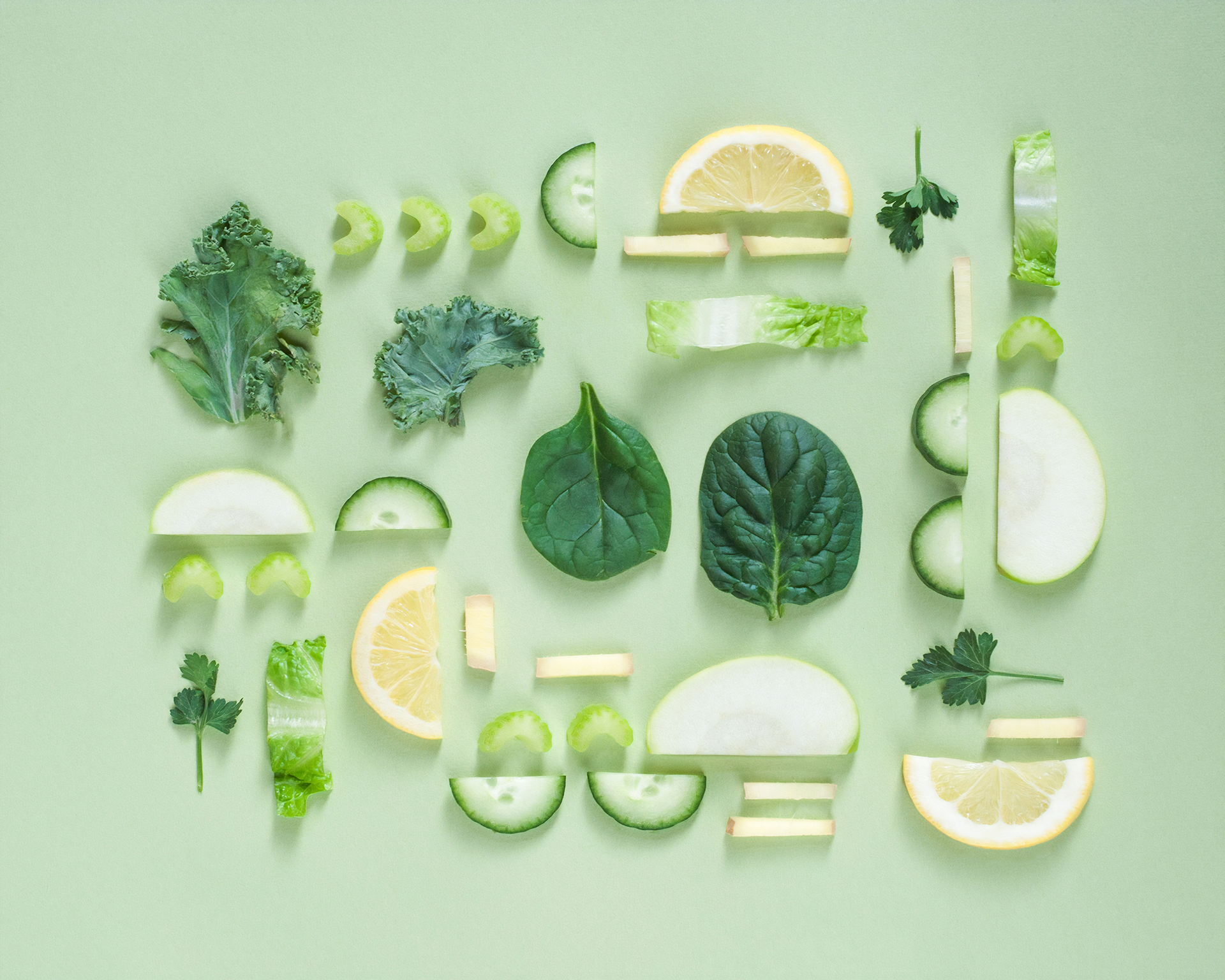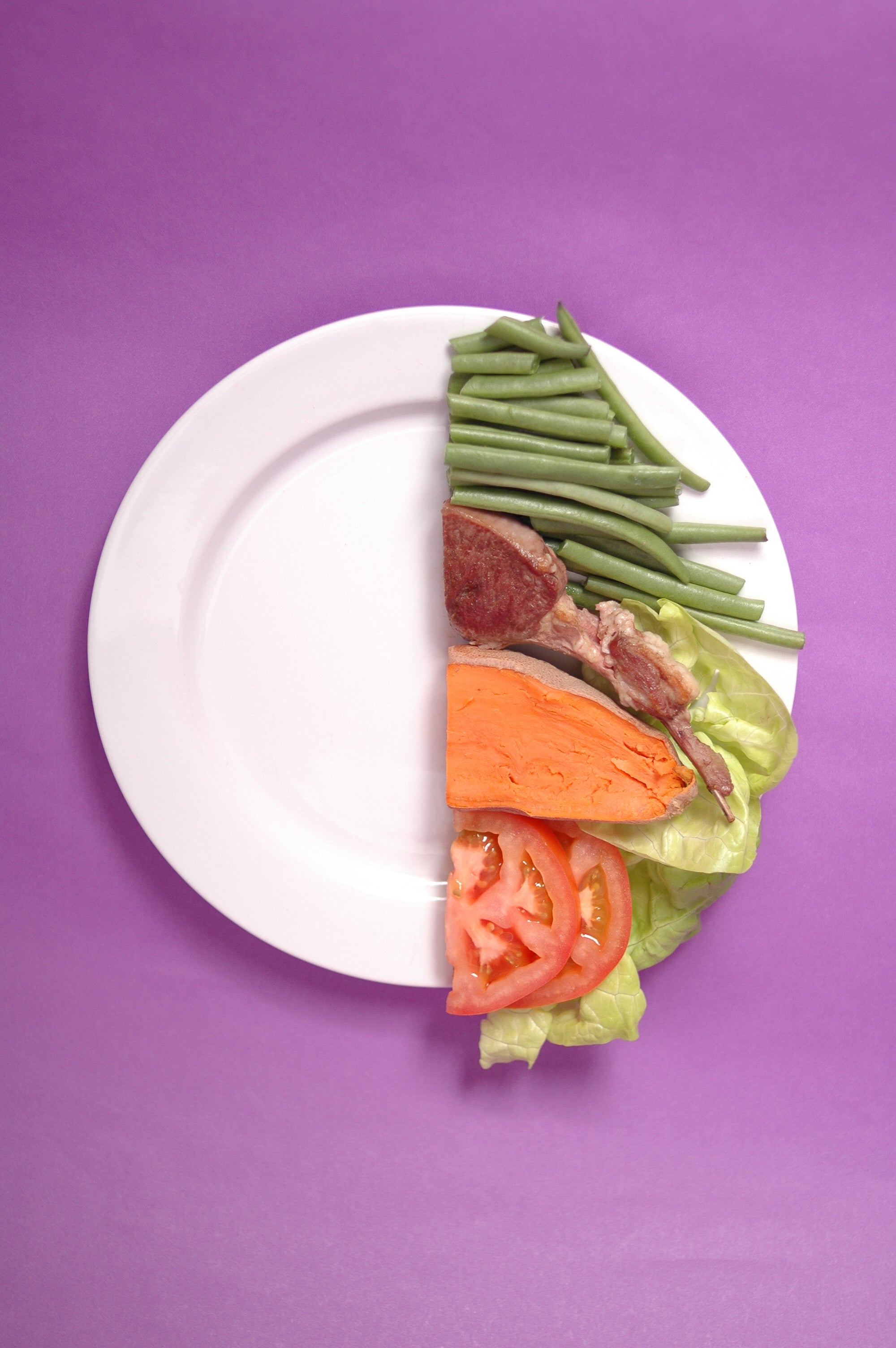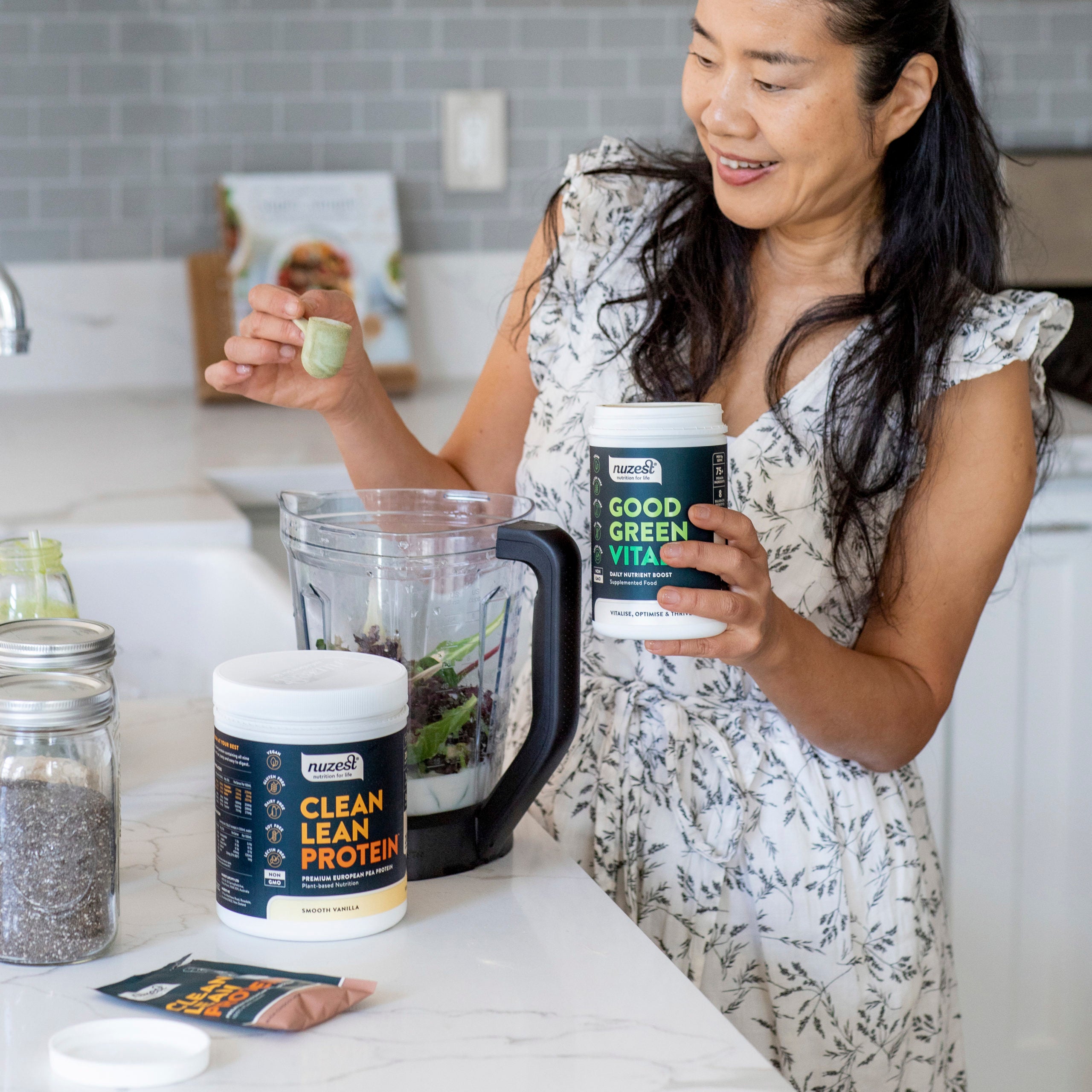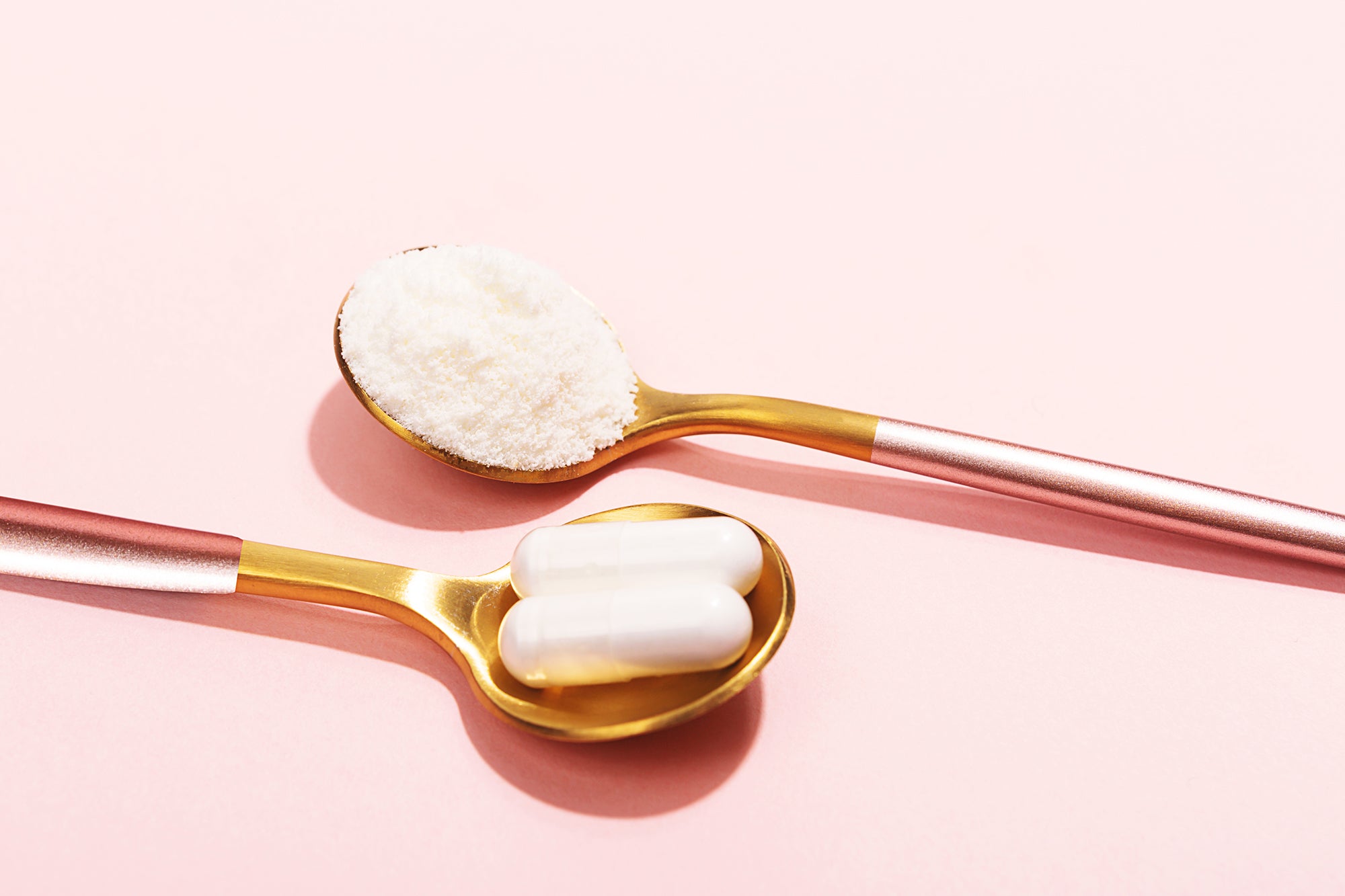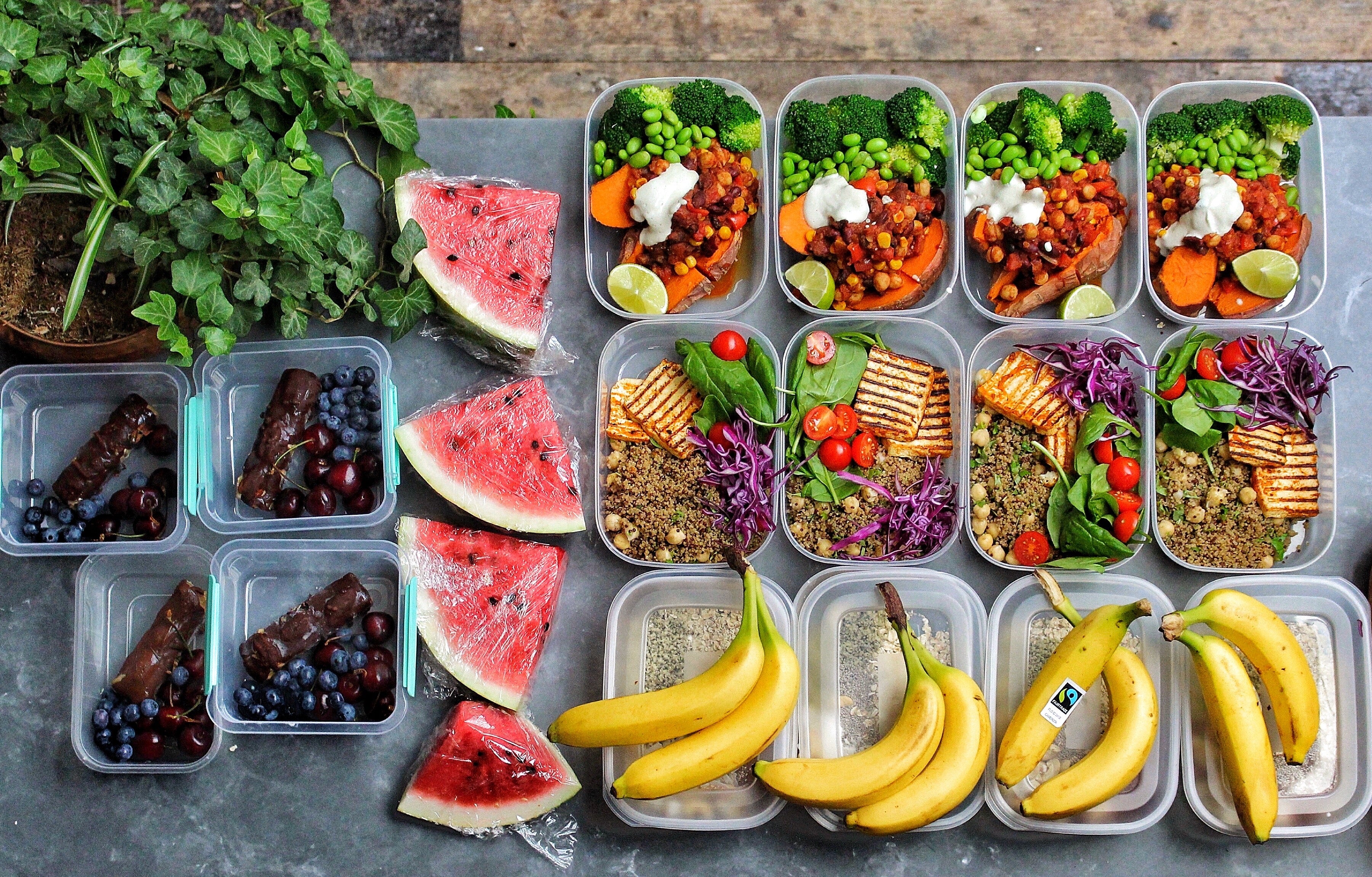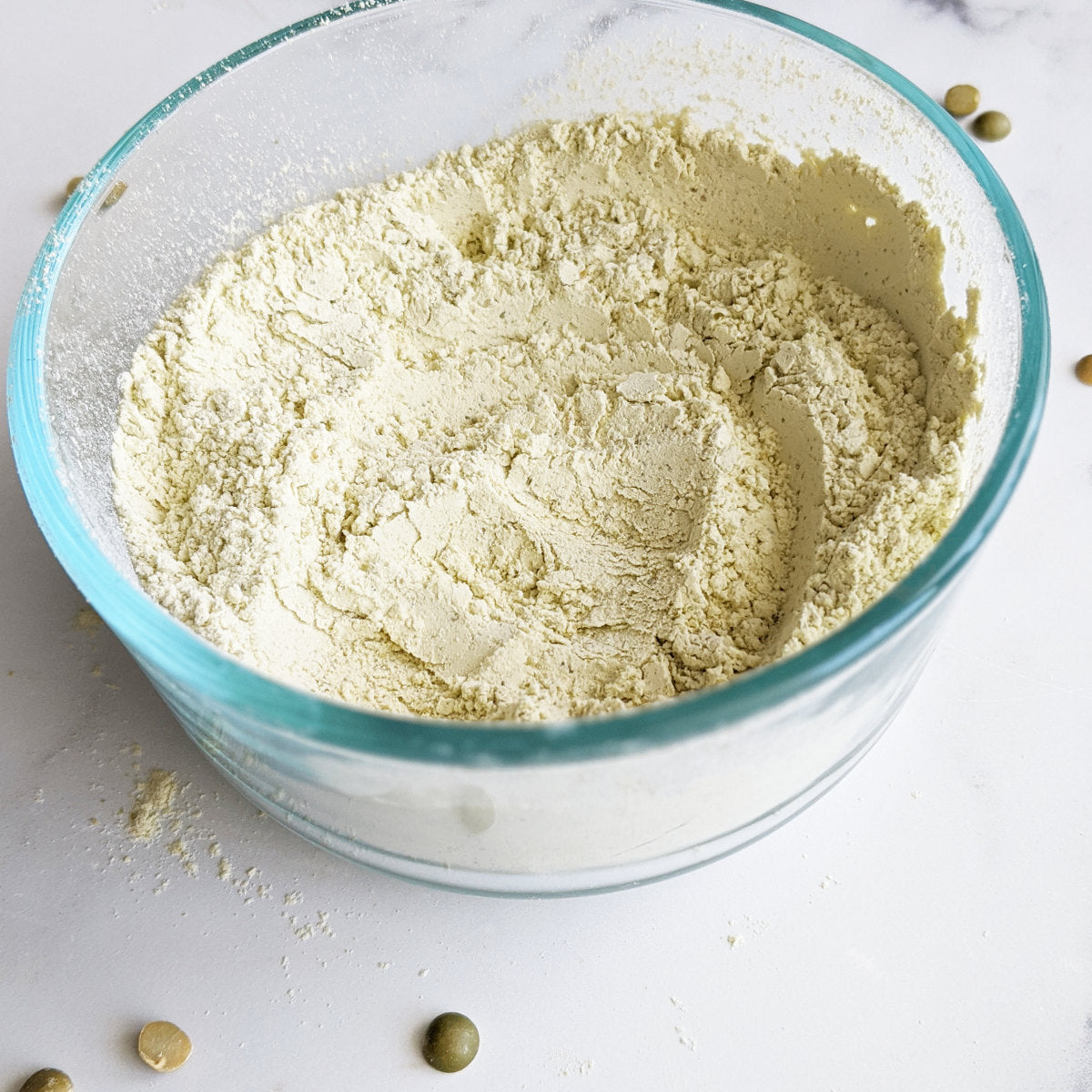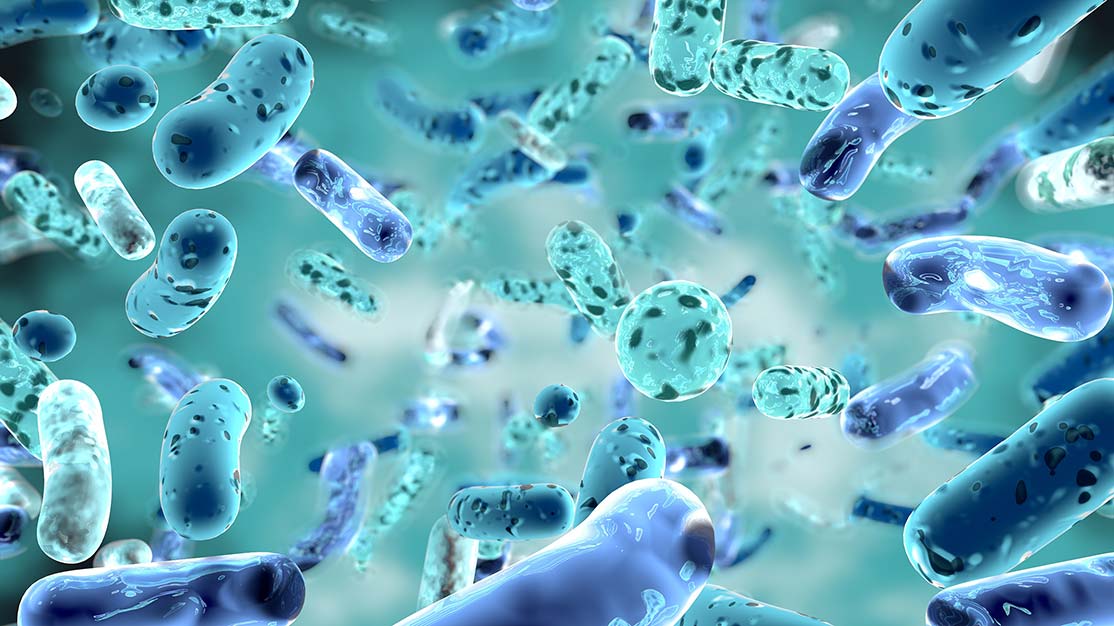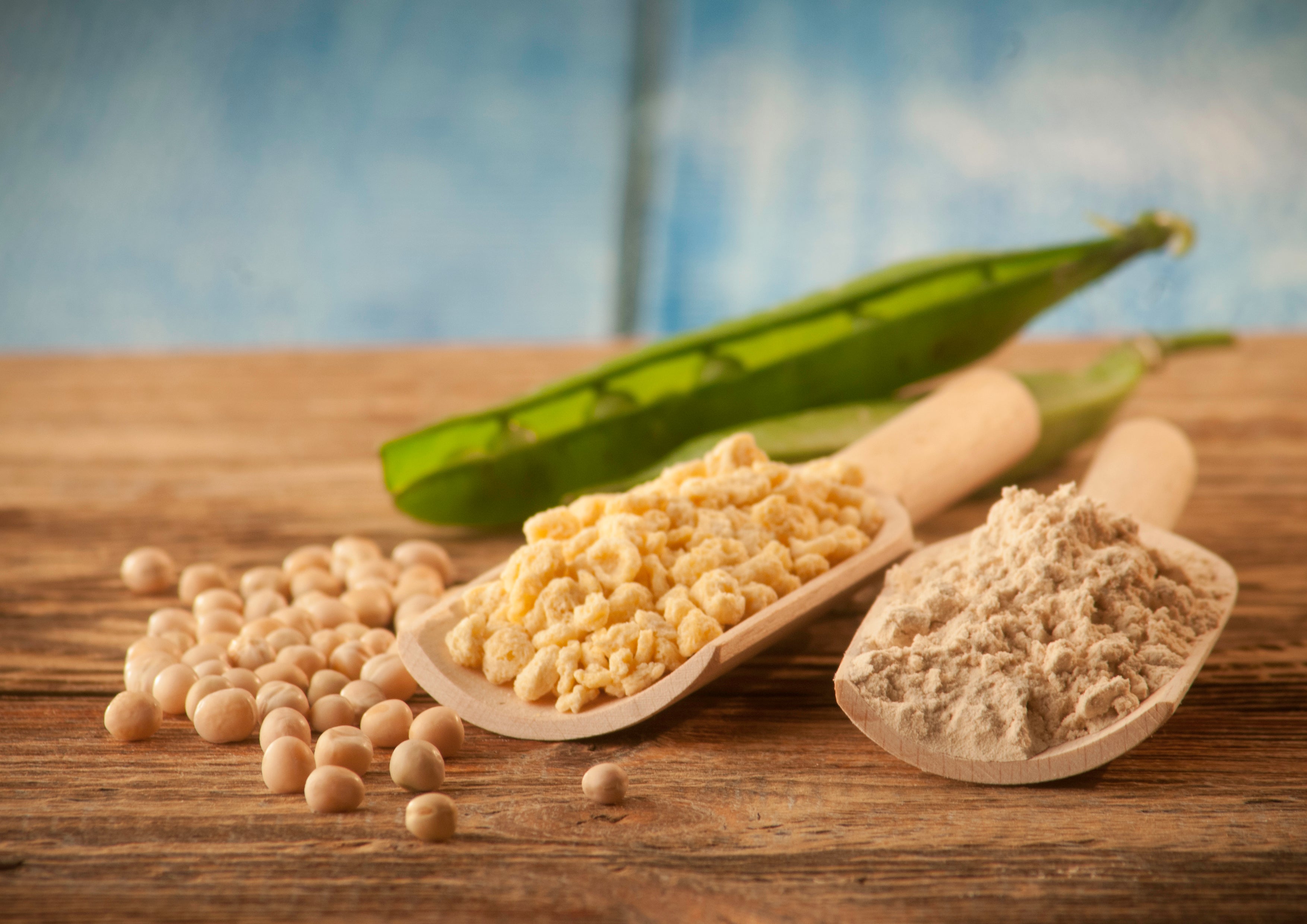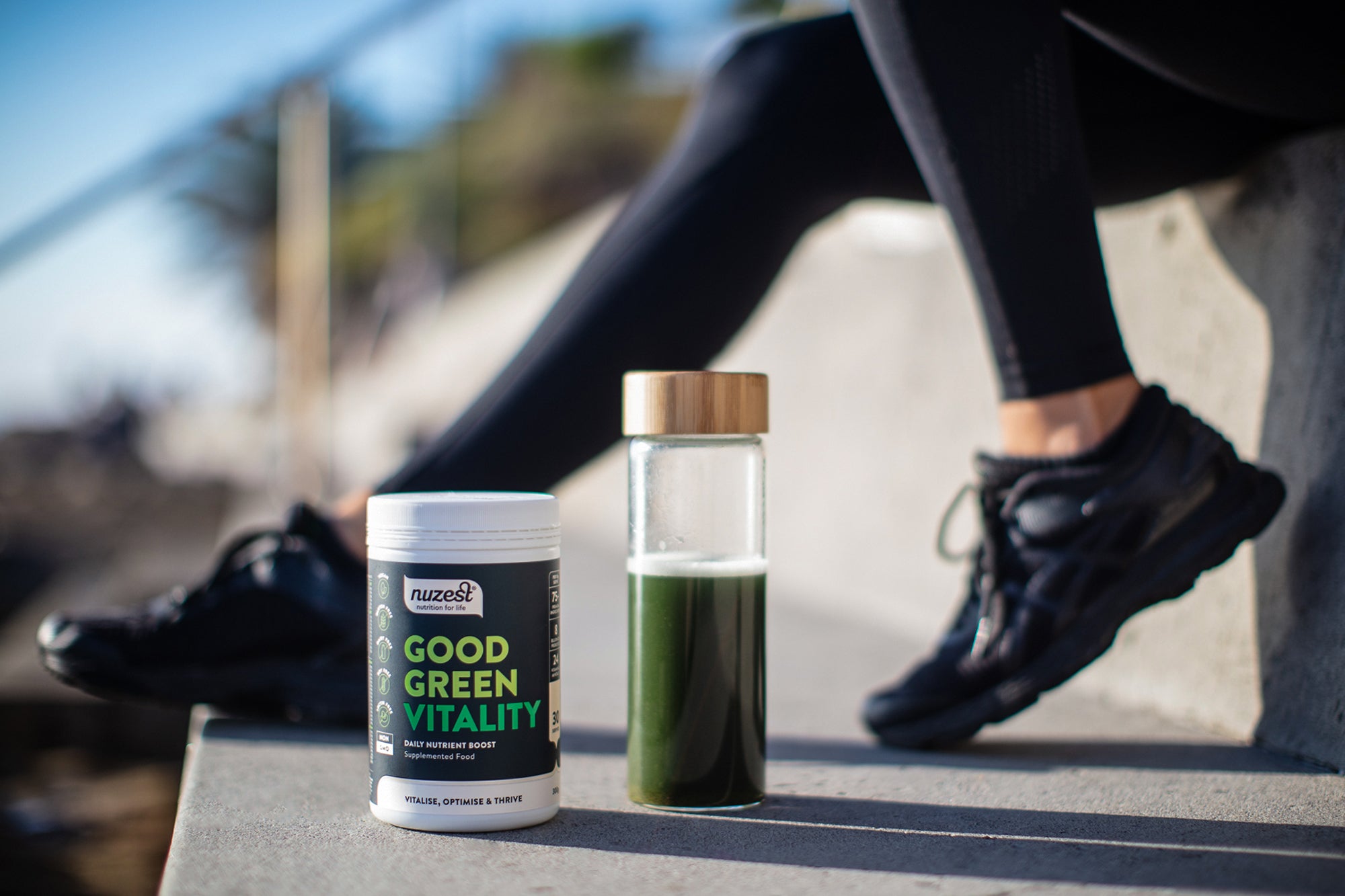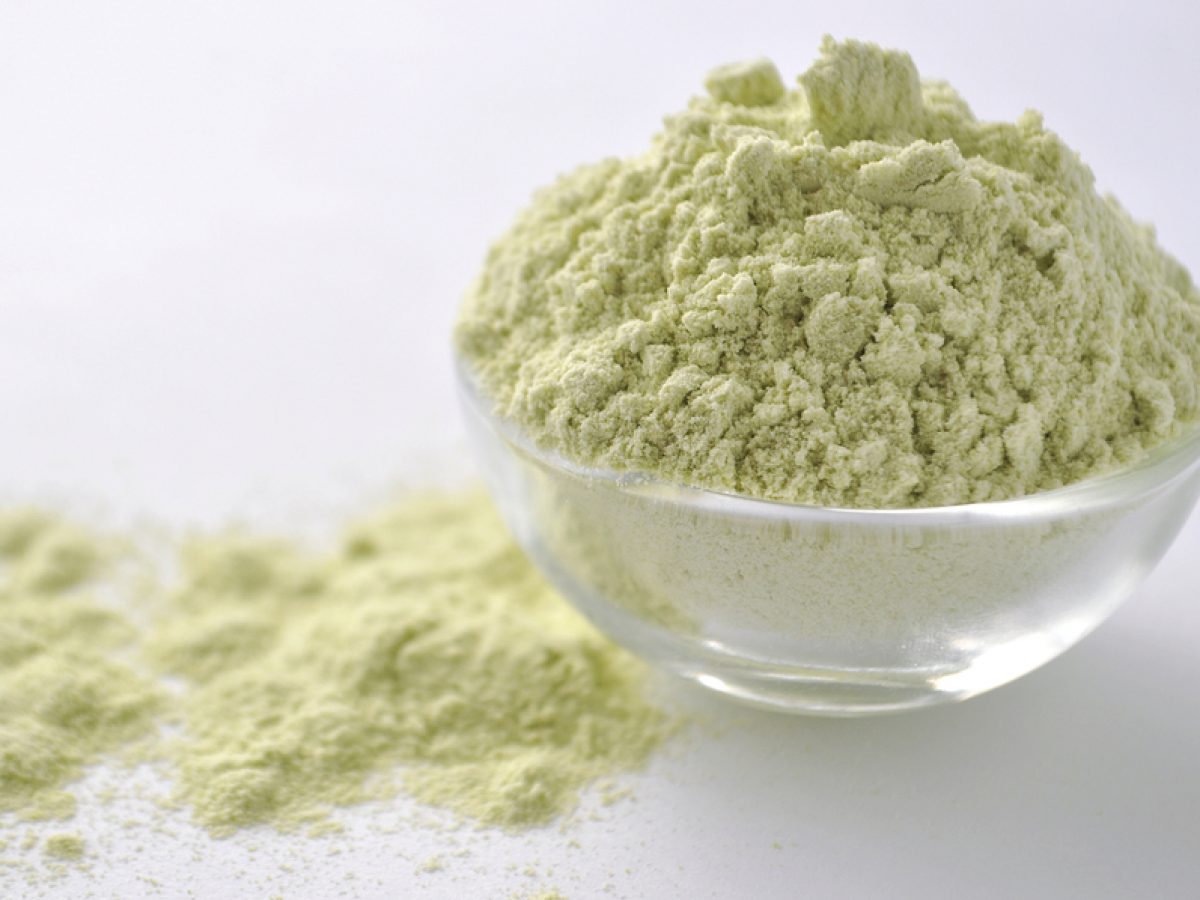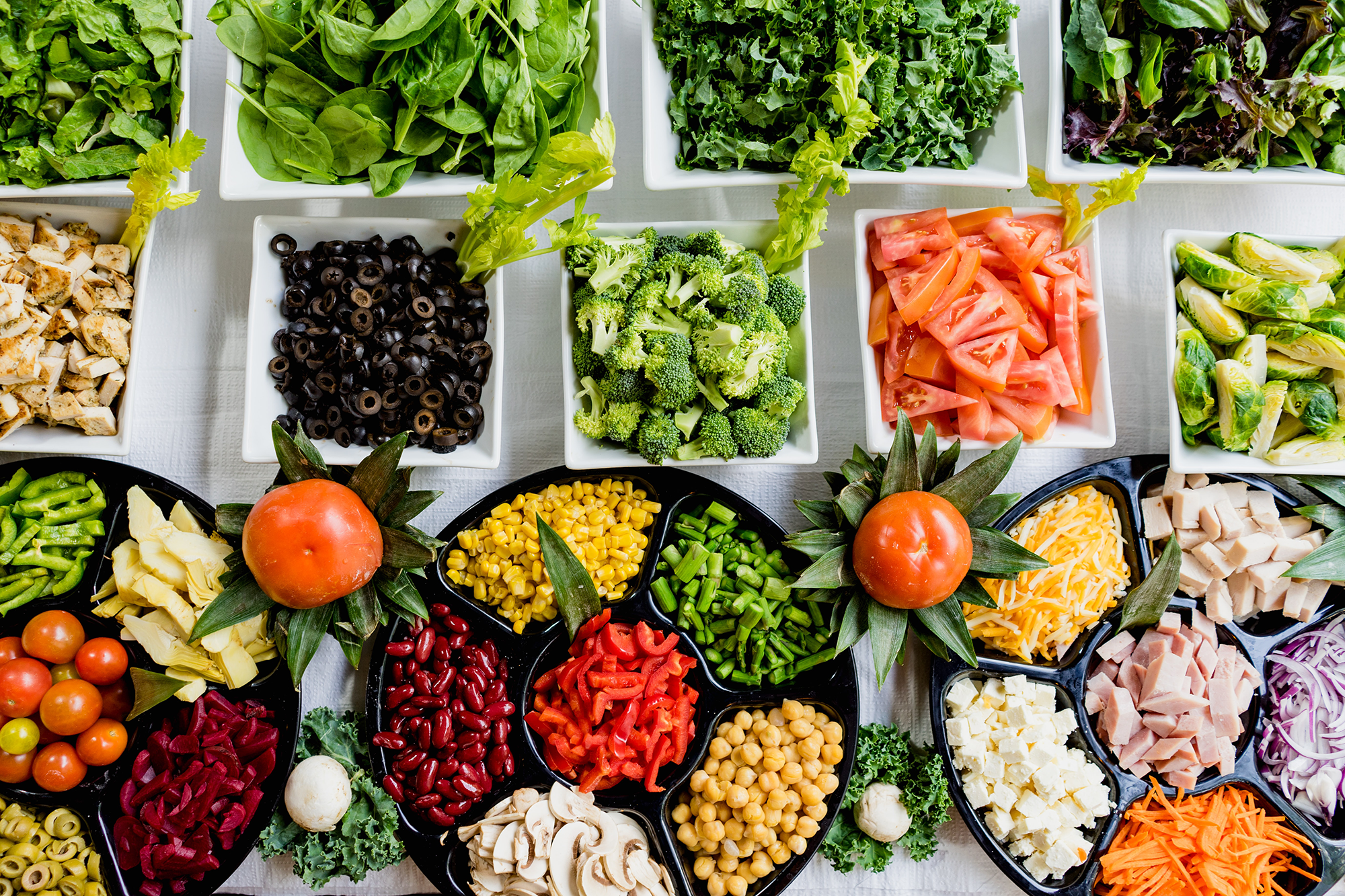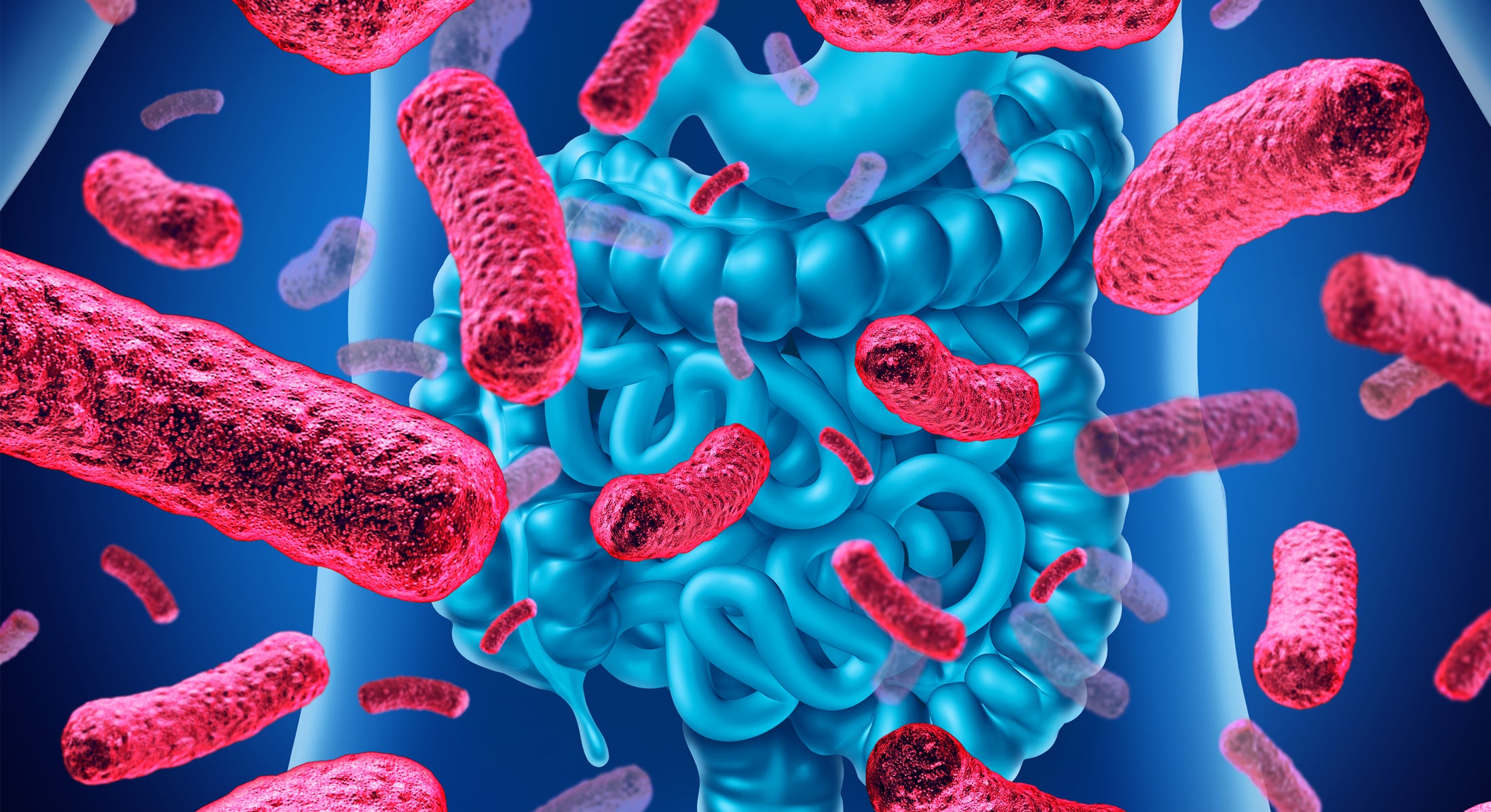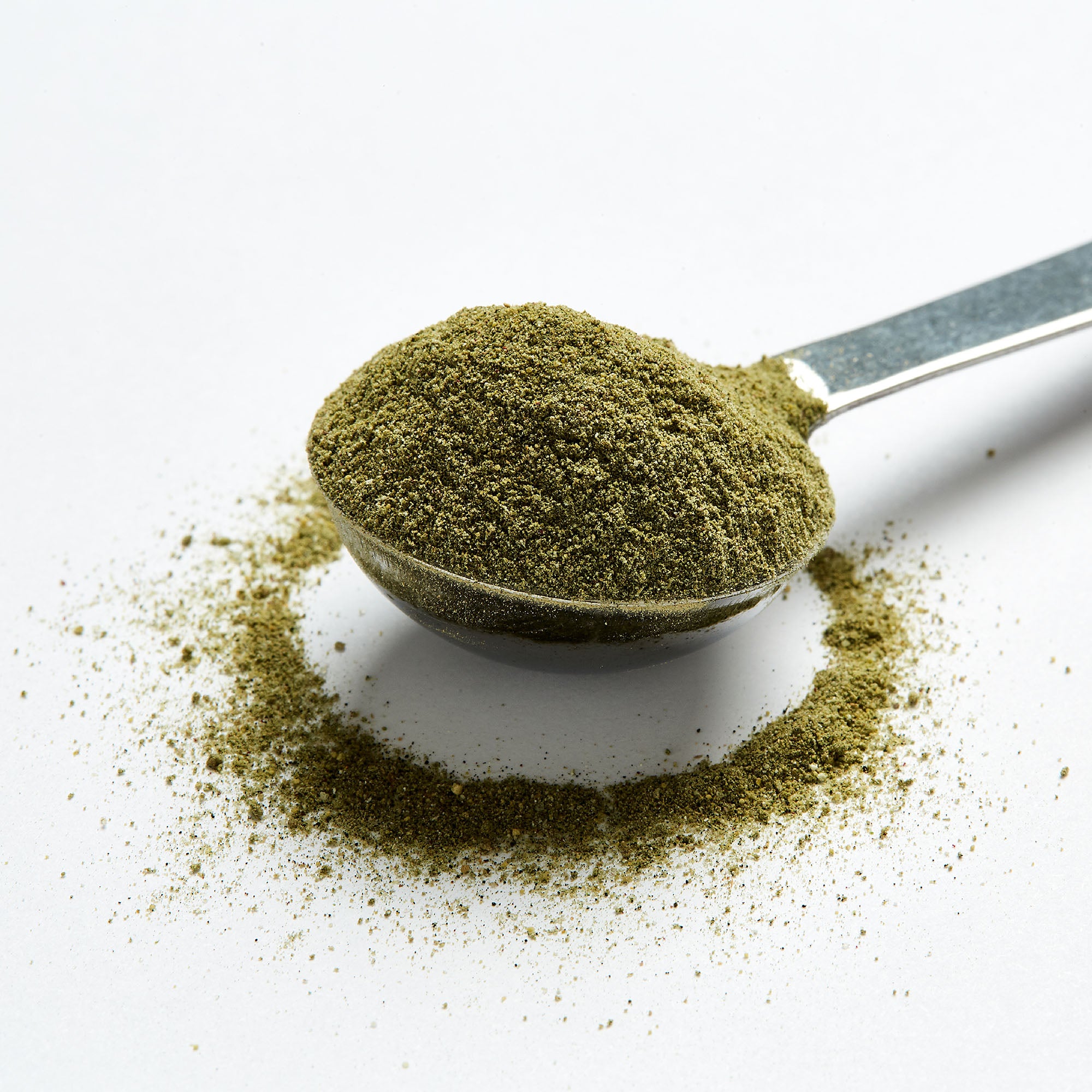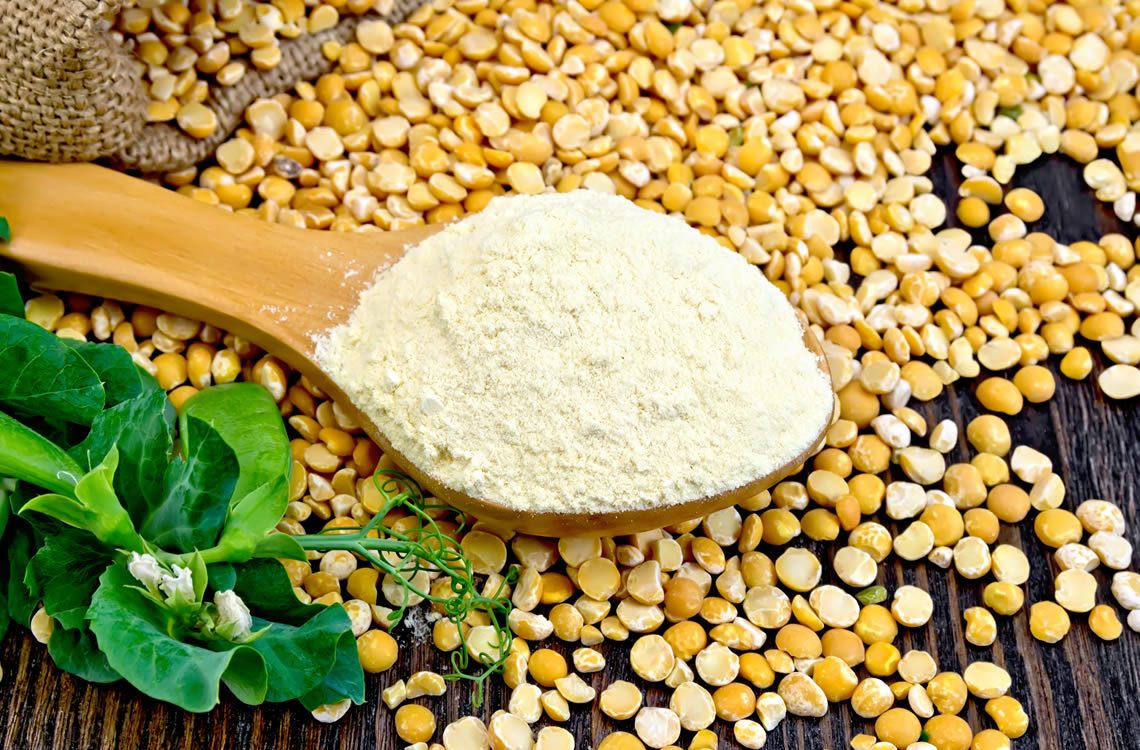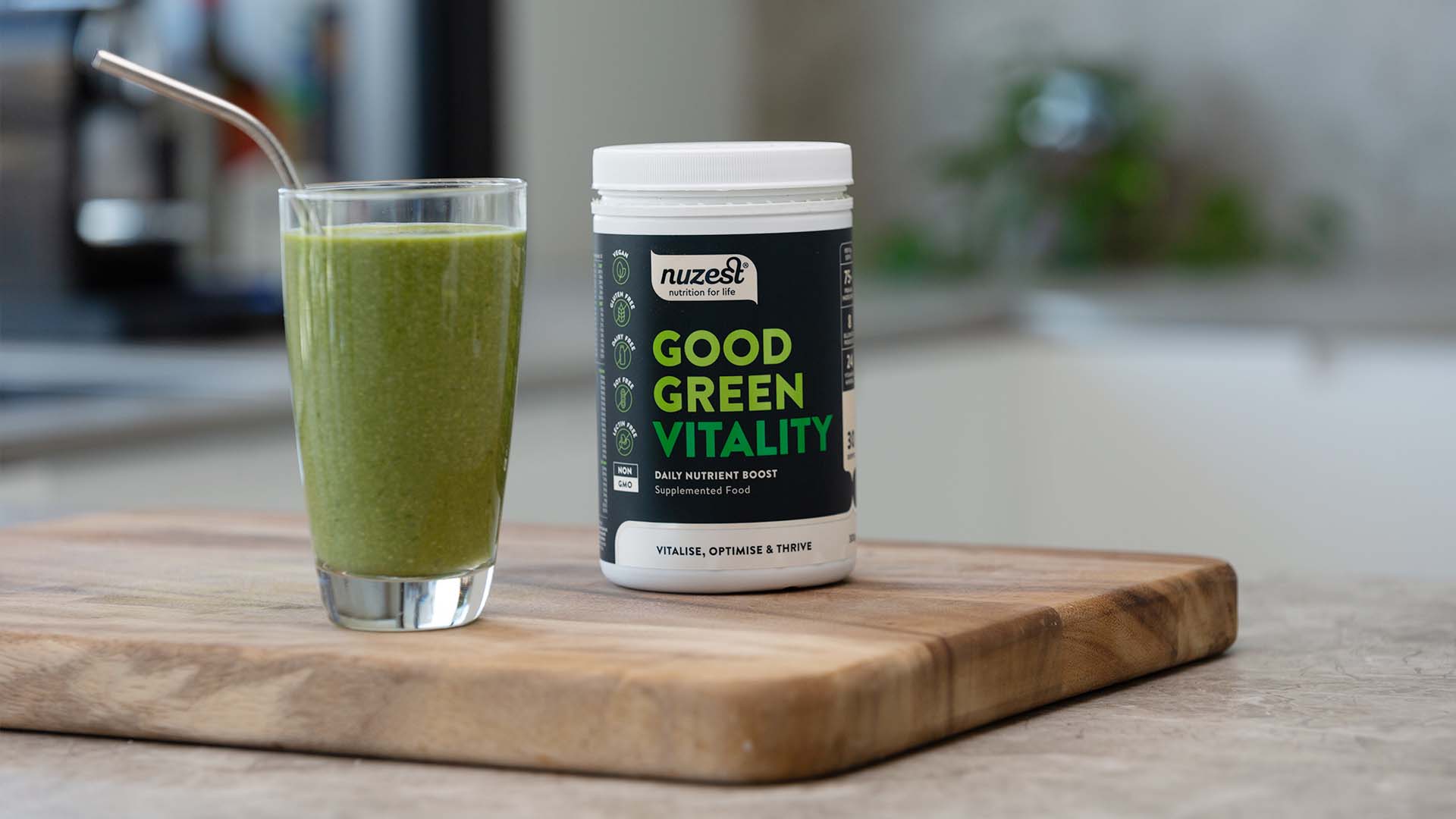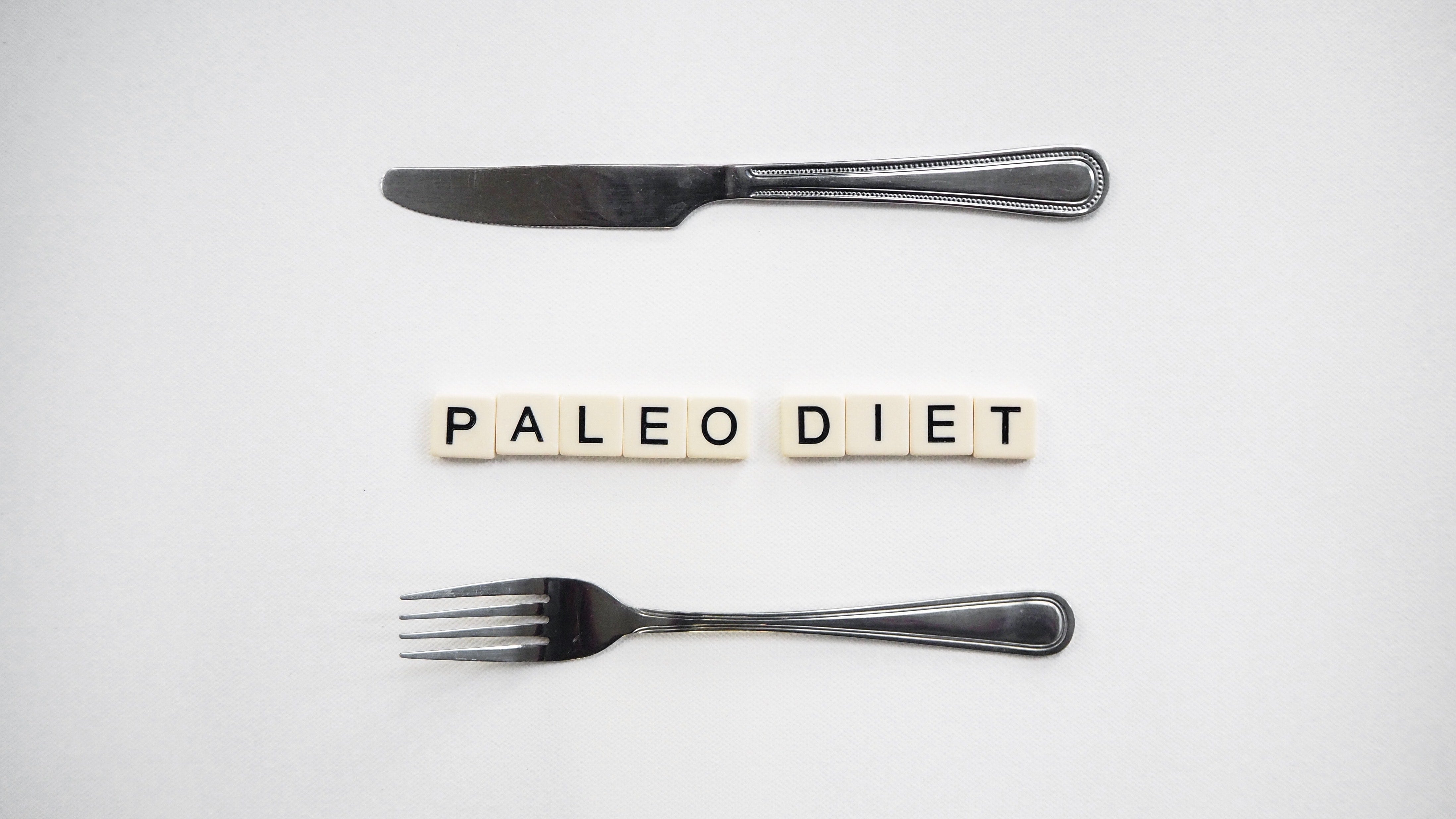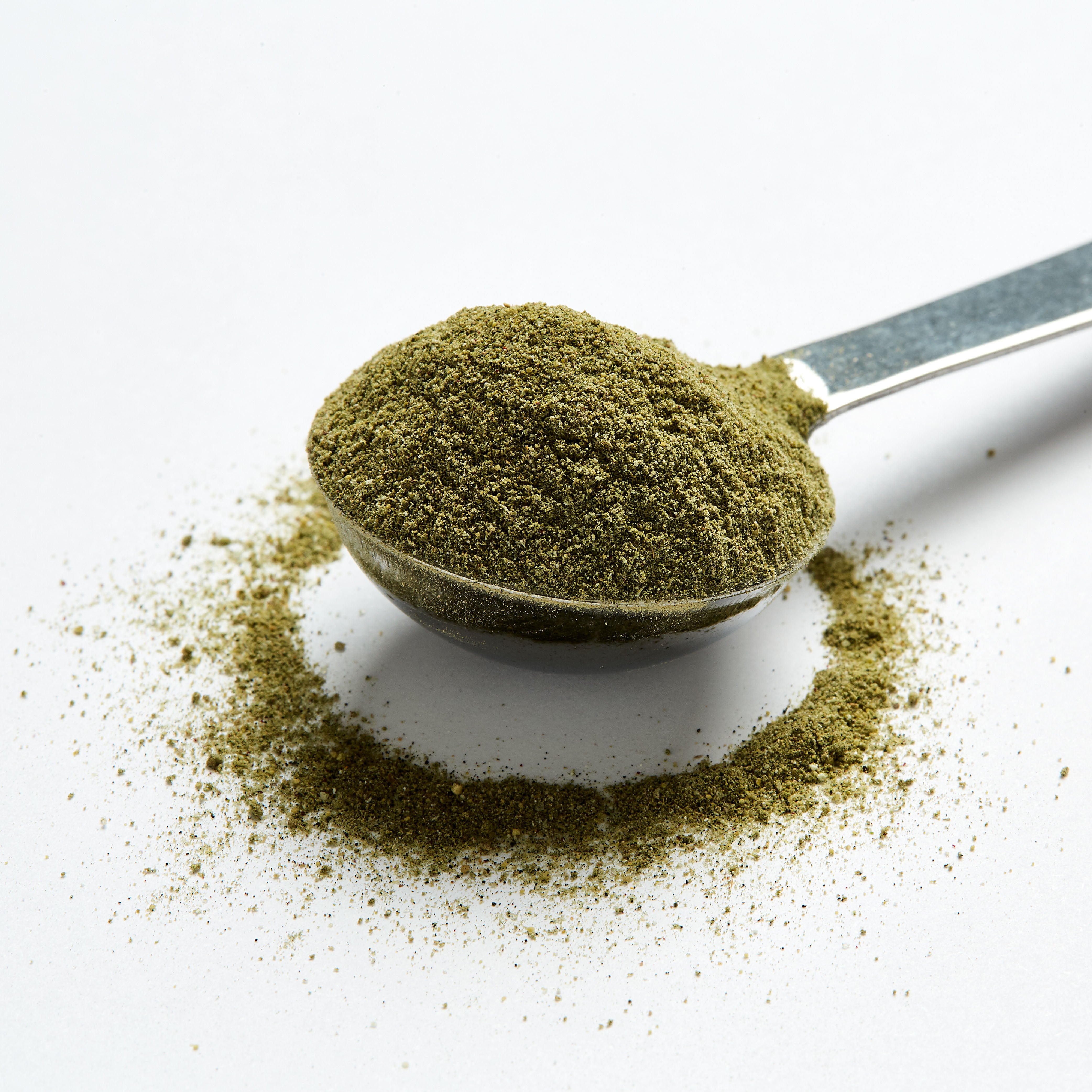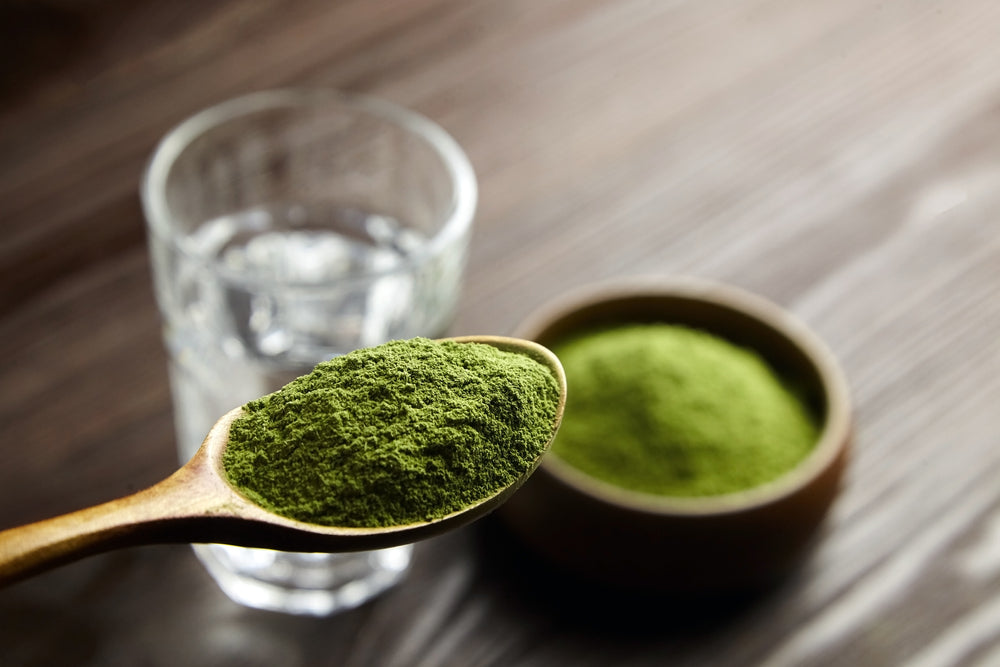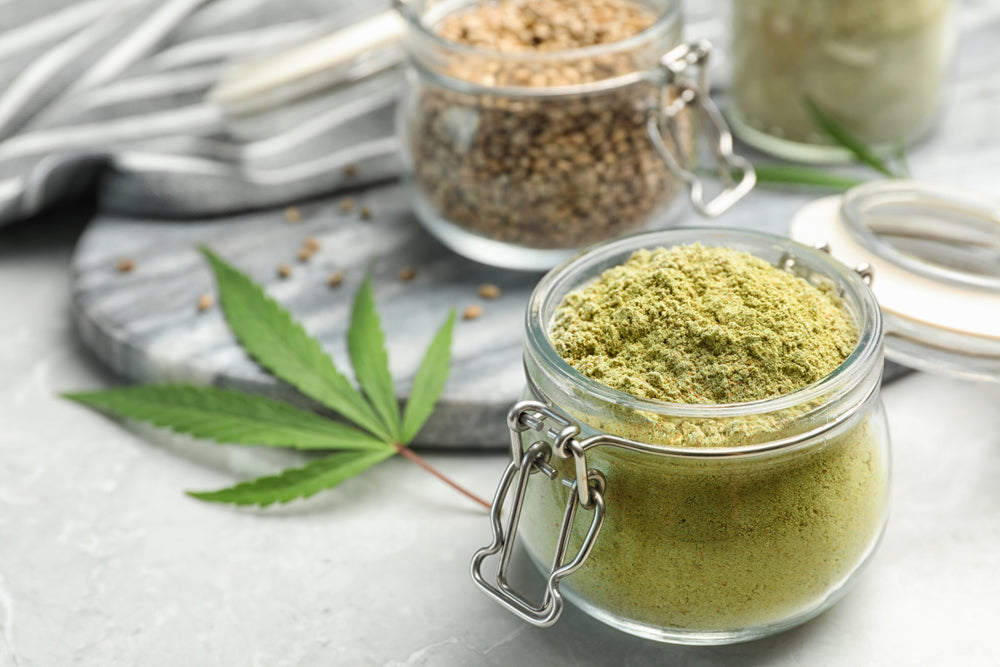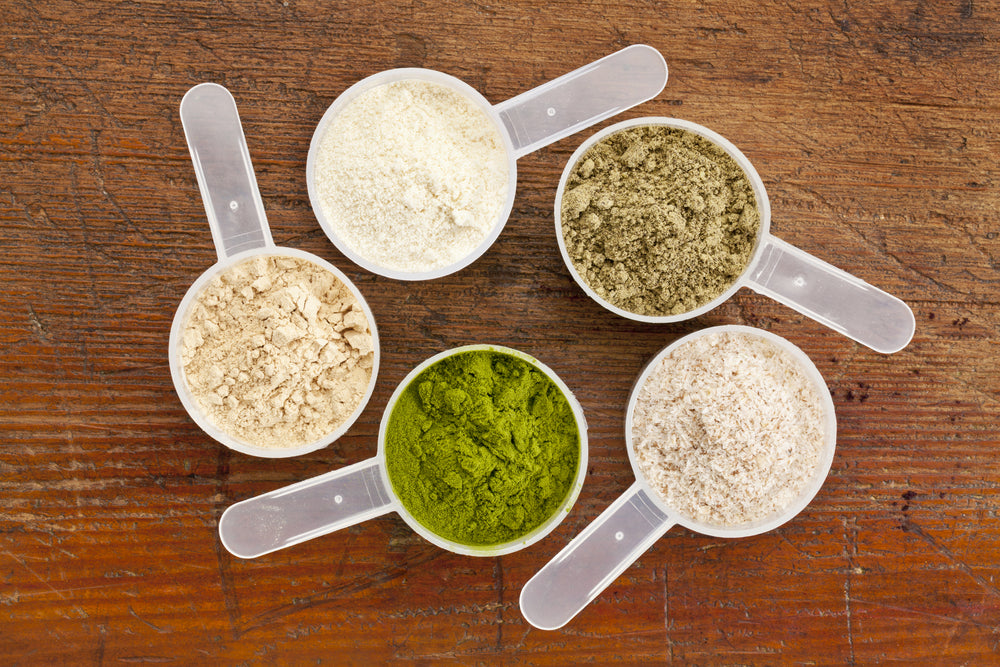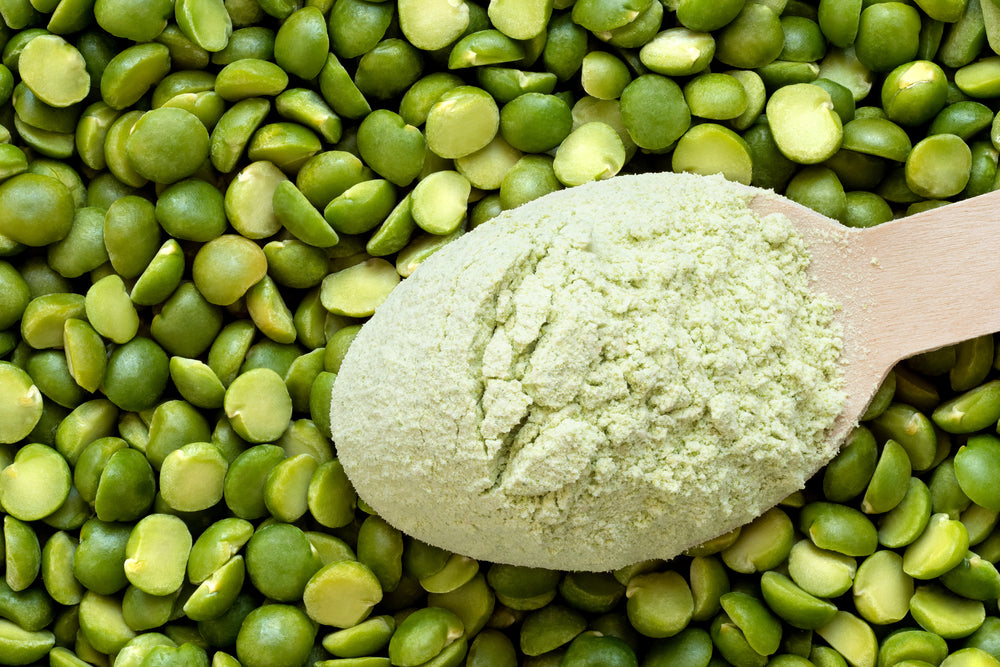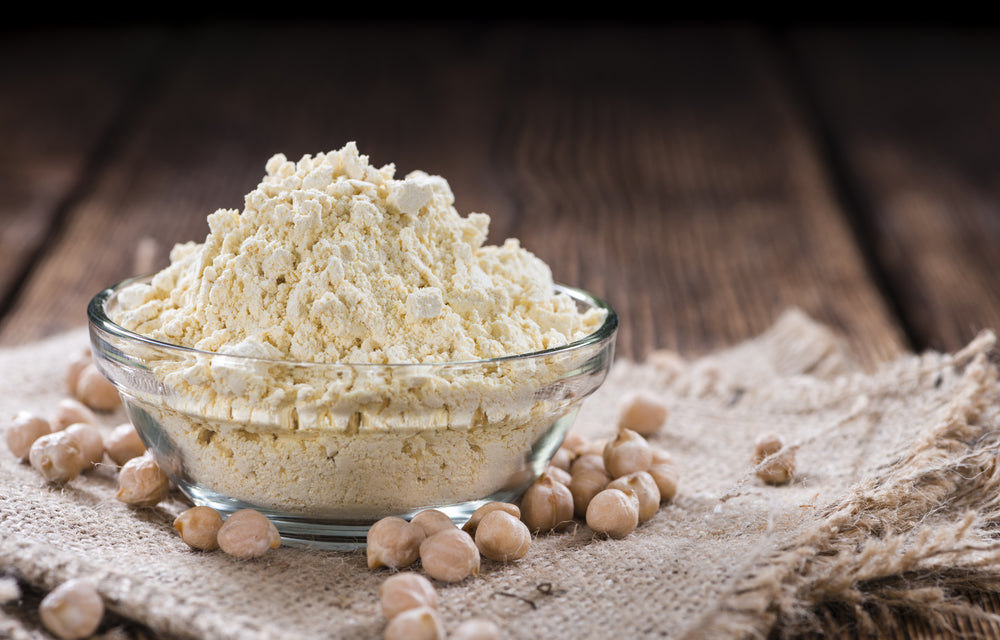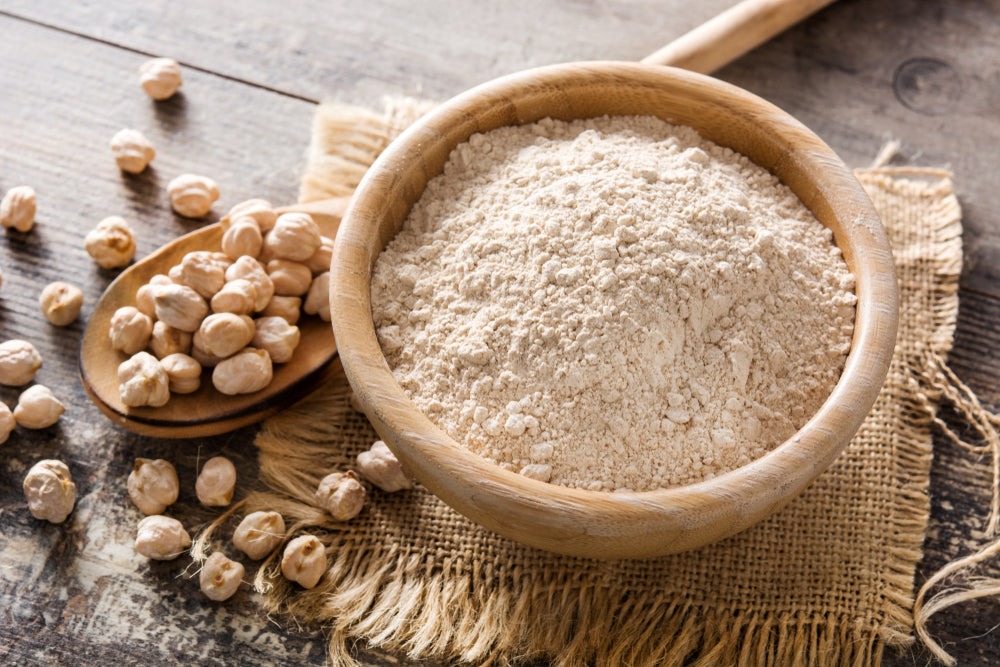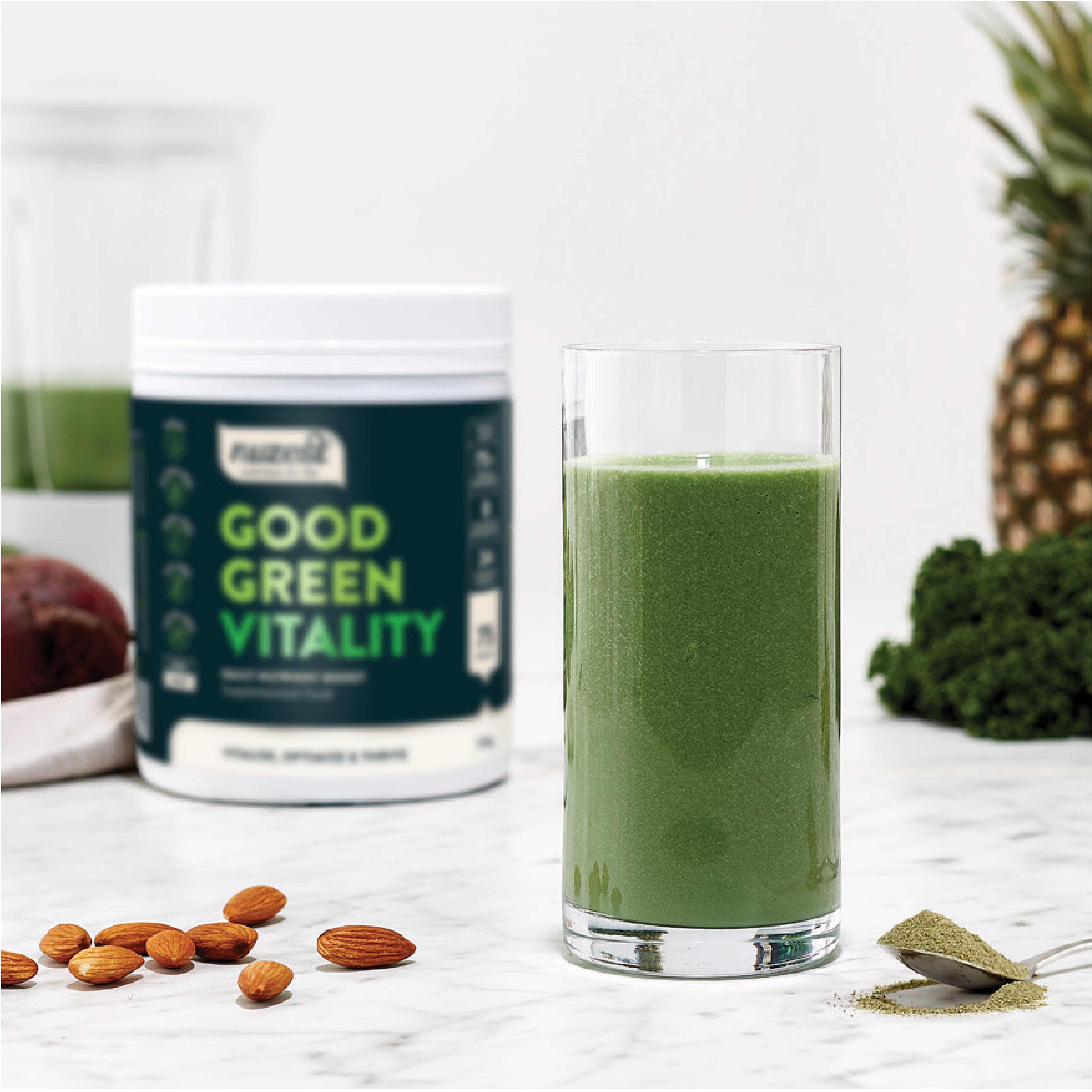As you inch towards a healthier lifestyle, you begin to adapt to changes in your diet and physical activity. Perhaps, you started to add more vegetables to your plate because you believe this will help you achieve your health goals. Questions may arise such as, will it actually do you good, and what happens if you eat too much greens?
It is a well-known fact that including vegetables in your meals can do wonders for your body. Eating the plant stuff has been associated with a "fit, sexy body," and more wellness buffs are jumping into fad diets. But eating greens is more than achieving a body that is good to look at; it also helps a body be healthy on the inside.
This article will talk about
- Why should we eat vegetables?
- What can happen if one eats too much greens?
- Is it advisable to eat greens every day?
- Can green powders replace vegetables?
Let's find out!
Why Should We Eat Vegetables?
Vegetables are plant-sourced foods and are classified according to the plant part that is consumed. To name some, we have the bulbs (garlic, onion), flowers (broccoli, cauliflower), leaves (lettuce, spinach), roots (carrots, radish), stems (asparagus), and tubers (potato).
- It is important to include vegetables in meals as these plant foods are rich in vitamins and minerals that are beneficial to health.
- Eating vegetables can help lower the risk of developing cardiovascular disease, maintain blood pressure, prevent cancer, promote weight loss, and contribute to good overall health.
Much attention has been given to green, leafy vegetables (commonly referred to as "greens") because of the associated health benefits. Some popularly known in the wellness community are kale, collards, romaine lettuce, and bok choy. Greens can be served raw, like salads, or cooked with soup, pasta, and stir-fry dishes.
Greens are excellent sources of fiber, vitamins (A, C, E, K, and folate), and minerals (iron, magnesium, potassium, calcium). These nutrients are vital to maintaining bodily functions and preventing the development of diseases. In addition, these green vegetables are rich in antioxidants giving the body extra protection from cancer.
What Happens If You Eat Too Much Greens?
As much as eating greens can do wonders for your body, the frequency and amount of consumption should still be appropriately planned.
According to a review conducted by health professionals, those on medication such as anticoagulants should watch their intake of foods rich in Vitamin K. Left unchecked, the drugs would not be able to carry out their intended effect.
Greens contain antinutritional factors which hinder the absorption of nutrients. Examples of these antinutrients are nitrates, phytates, oxalates, and glucosinolates.
According to a study, plenty of oxalates in the diet can lead to kidney stone formation and poor calcium absorption. Drinking enough water and consuming sufficient amounts of calcium are strongly advised.
So how can we decrease the levels of antinutritional factors in greens? Cooking methods such as blanching, boiling, and stir-frying your greens can lessen the number of antinutritional factors.
Should You Eat Greens Every day?
Yes. Including vegetables in the daily diet is recommended to reap their many health benefits.
The USDA strongly suggests eating a variety of vegetables. Eating greens every day can be beneficial in conjunction with the other types of veggies such as beans, lentils, yellow, orange, and reds.
There are various ways to incorporate greens into everyday meals.This will ensure that you still have a balanced diet that includes whole grains, protein, fruits, and other veggies.
How Much Greens Should You Eat A Day?
The CDC reports that only 1 in every 10 adults eat enough vegetables. This can put them at risk for the development of diseases such as diabetes, obesity, some cancers, and heart disease.
The recommended intake of vegetables (greens included) is 2-3 cups per day.
You may consult a nutritionist-dietitian to know the right amount of vegetables you need in a day. This is to ensure that your intake is suited to your age, gender, present weight/height, physical activity, and existing medical condition.
Can Green Powders Replace Vegetables?
Green powders are dietary supplements made from plant foods such as kale, spinach, and barley grass that are dried and ground to form a powder.
These are then mixed with water or other liquids and consumed by drinking. Depending on the brand, green powders vary in nutritional content but generally contain Vitamins (A, C, and K) and minerals (iron, iodine, and selenium).
However, there is a reason why green powders are used only as supplements. These are designed to help those with inadequate vegetable intake and are not meant to replace vegetables altogether.
Unlike fresh vegetables, they contain more fiber and are more filling compared to liquid supplements, which may induce overeating.
In addition, lab tests on some green powder products found hazardous amounts of metals such as lead, cadmium, and arsenic. It is best to consult a healthcare professional for safe supplements to consume.
For more information about replacing vegetables with green powder, visit here.
Our Take Away
As recommended, 2-3 cups of vegetable intake are enough to maintain a healthy body. It should be emphasized that variety and moderation are key to avoiding side effects from overconsumption.
The importance of vegetables in the daily diet can be seen through the many health benefits. Packed with fiber and nutrients, greens are gaining attention from the wellness community for their promising effects on the body.
However, one should be careful to not overconsume greens. These veggies contain antinutritional factors which can hinder the absorption of other nutrients such as iodine and calcium or cause kidney stone formation. Proper cooking methods can be employed to lessen the amount of these antinutrients.
As some people can't keep up with their vegetable intake, they may opt to turn to green powder as their alternative. These supplements should not replace fresh vegetables and are only used as an addition to balanced meals.
If you are concerned about your greens intake, it is best to consult with a healthcare professional. You can talk to a nutritionist-dietitian to help you plan meals that suit your health goals.
Get To Know Our Good Green Vitality!
Optimize your health daily with Nuzest's Good Green Vitality together with your veggies!
Good Green Vitality is made with over 75 ingredients from vegetables, fruits, herbs, vitamins, minerals, and probiotics to support immunity, digestion, energy levels, detoxification, and cognition.
Our Good Green Vitality is vegan, gluten-free, dairy-free, soy-free, lectin-free, and Non-GMO. It is also suitable for everyone from 4 years and up.
What should you look for when choosing the best greens powder? Find the answers here.
Good Green Vitality
Complex nutrition made simple with Good Green Vitality. This nutritional superblend is carefully formulated to address all aspects of health.

Disclaimer:
The information provided on Nuzest is for educational and informational purposes only. The information provided on this site is not, nor is it intended to be, a substitute for professional advice or care. Please speak to your qualified healthcare professional in the event that something you have read here raises questions or concerns regarding your health.

